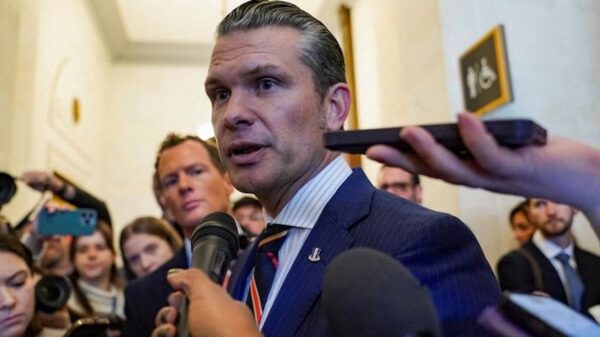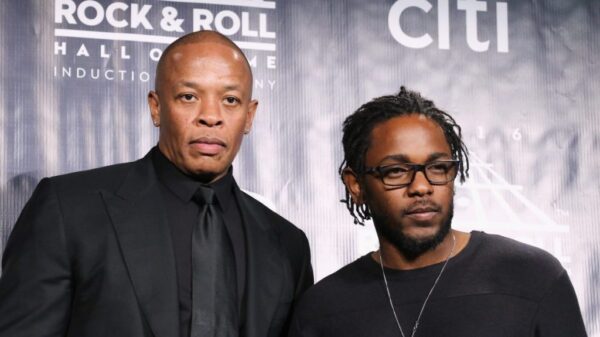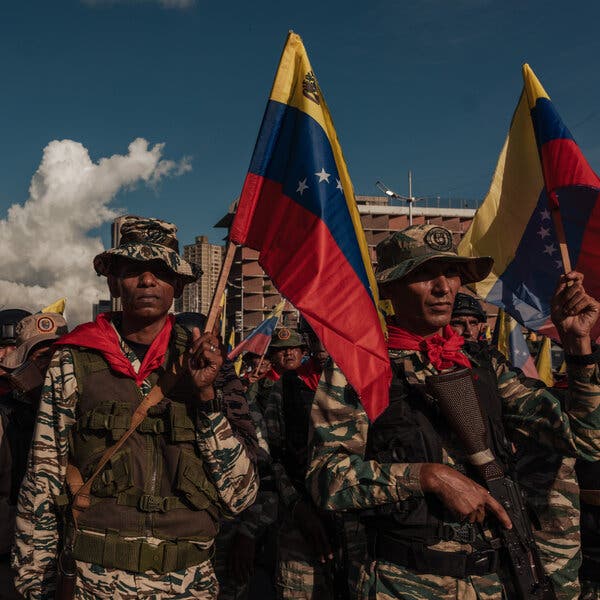The political landscape in Venezuela is increasingly tense as the U.S. ramps up its military presence in the Caribbean. Recently, the Trump administration deployed warships, surveillance aircraft, and an attack submarine in the region, intensifying concerns about potential intervention. President Nicolás Maduro’s government is under scrutiny, with U.S. officials labeling him a “cartel leader” and a “fugitive of American justice.” This military buildup has led to speculation that the goal may be to facilitate regime change.
While some Venezuelans express a desire to see Maduro ousted due to allegations of human rights abuses and electoral fraud, many others are wary of U.S. involvement. According to independent vote monitors, Maduro lost the 2024 election but has retained power. Opposition leader María Corina Machado has publicly welcomed U.S. military support to remove Maduro, yet many citizens fear the consequences of foreign intervention.
Local diplomats and business leaders warn that military action could lead to severe instability. Should the Maduro regime collapse, various armed factions, including the military and Colombian guerrilla groups, might vie for control over Venezuela’s rich natural resources, such as oil and gold. One businessman remarked, “You kill Maduro, you turn Venezuela into Haiti,” highlighting fears of chaos and bloodshed.
The prospect of U.S. intervention evokes strong reactions, particularly given America’s historical involvement in Latin American conflicts. Venezuela’s Vice President has suggested that the American public is opposed to military action in the Caribbean, indicating a significant risk of backlash against any intervention strategy.
U.S. foreign policy under Trump has often reflected a commitment to combat drug trafficking and support for anti-socialist movements in Latin America. Secretary of State Marco Rubio has been vocal about the administration’s stance on Venezuela, insisting, “We’re not going to have a cartel, operating or masquerading as a government, operating in our own hemisphere.” This rhetoric hints at a belief that Venezuela is within the U.S. sphere of influence, differentiating it from conflicts in more distant regions like Ukraine or Iraq.
The military presence near Venezuela is part of a broader interventionist approach by the Trump administration. Over recent months, the U.S. has threatened to seize control of the Panama Canal and has engaged in Brazilian politics to support former President Jair Bolsonaro. The administration has also offered a $20 billion loan to bolster the political standing of Argentina’s President Javier Milei. Such strategies appear driven by ideological alignments against leftist governments, with Venezuela positioned as a key adversary.
The potential for conflict in Venezuela raises alarms, particularly in light of recent global events. The Trump administration’s focus on protecting the “homeland and the Western Hemisphere” could soon become formalized in national defense strategies, reflecting a shift towards more aggressive postures in Latin America.
As tensions mount, the implications for Venezuelans and the broader region remain uncertain. The situation is evolving rapidly, and the international community watches closely to see how U.S. actions will influence the stability of Venezuela and its people.






































































